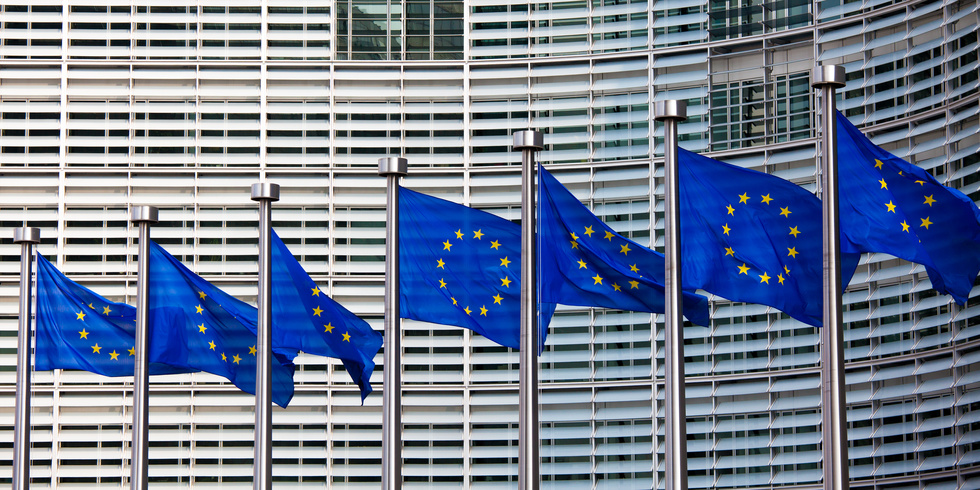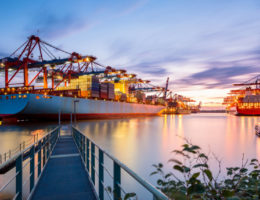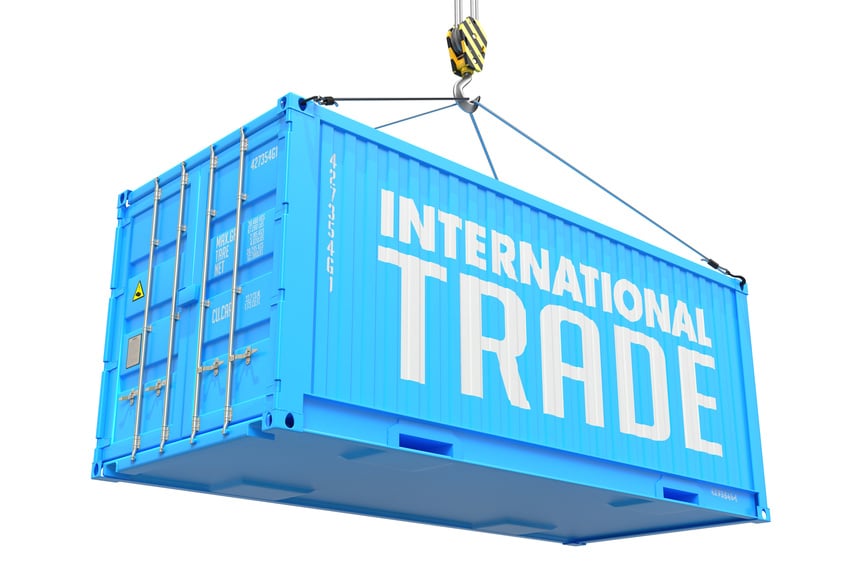The UK’s Plastic Packaging Tax becomes effective on 1 April 2022 and applies to plastic packaging in the UK that contains less than 30% recycled plastic content at a rate of GBP 200 per metric tonne. The tax is aimed at encouraging the use of more sustainable plastic packaging, increasing the use of recycled plastic and helping to reduce plastic waste. The PPT has been promoted by the UK government as a world leading measure and other jurisdictions are already putting in place similar regimes.
On 23 February 2022, the EU Commission published its proposal for a directive on corporate sustainability due diligence obligations, which aims to foster sustainable and responsible corporate behaviour throughout global value chains.
The UK’s Plastic Packaging Tax is due to take effect from 1 April 2022 and will be payable by manufacturers and importers of plastic packaging containing less than 30% recycled plastic content at a rate of £200 per metric tonne where certain thresholds are met.
This series of ESG-focused thought leadership webinars will share insights and practical guidance for businesses considering what ESG means for them. Set out are details of our forthcoming demystifying ESG webinar series for 2022 including: regulations, executive pay, climate change, strategic initiatives and corporate responsibility.
On 17 November 2021 the EU published a draft Regulation seeking to introduce new due diligence requirements aimed at tackling deforestation and forest degradation.
This video in our On the Ground series – Partner Greg McNab catches up with bp’s Jeff Swartz, Director, Climate – Strategy & Sustainability at COP26 to discuss the Presidency goals of COP26 and how they contribute to bp’s commitment of reaching Net Zero by 2050.
This series of ESG-focused thought leadership webinars will share insights and practical guidance for businesses considering what ESG means for them in the context of the current crisis and beyond. For the 21 October 2021 Special edition, Caitlin McErlane, Ilona Millar and Graham Stuart speak on “Setting the scene – what does the forthcoming COP26 mean for you and your business?”
On 15 September, during the 2021 State of the Union Address, EU Commission President Ursula von der Leyen announced the European Commission’s intention to introduce a ban on the import of products made with forced labour into the EU market. In her Address, the Commission President noted that there are “25 million people…who are threatened or coerced into forced labour” and that “doing business around the world…can never be done at the expense of people’s dignity and freedom”.
An overarching theme of COP26 and a priority of the UK presidency is to enhance climate change ambition. As countries set enhanced climate plans and pledges for 2030 (called “nationally determined contributions”) and set net-zero targets for 2050 (or earlier), they are also looking to the private sector to participate in this “race to zero.
In recent years, companies worldwide, including those belonging to the Technology, Media & Telecoms industry, have placed increased importance on ESGs and have shifted their initiatives and operations accordingly. In this episode of TMT Talk, Adrian Lawrence leads our panel of experts in a discussion about aspects of ESG that are relevant to supply chains. Aleesha Fowler, Doug Sanders, and Graham Stuart offer their insights on relevant developments, possible risks, and challenges that TMT companies with global supply chains need to know and consider.







